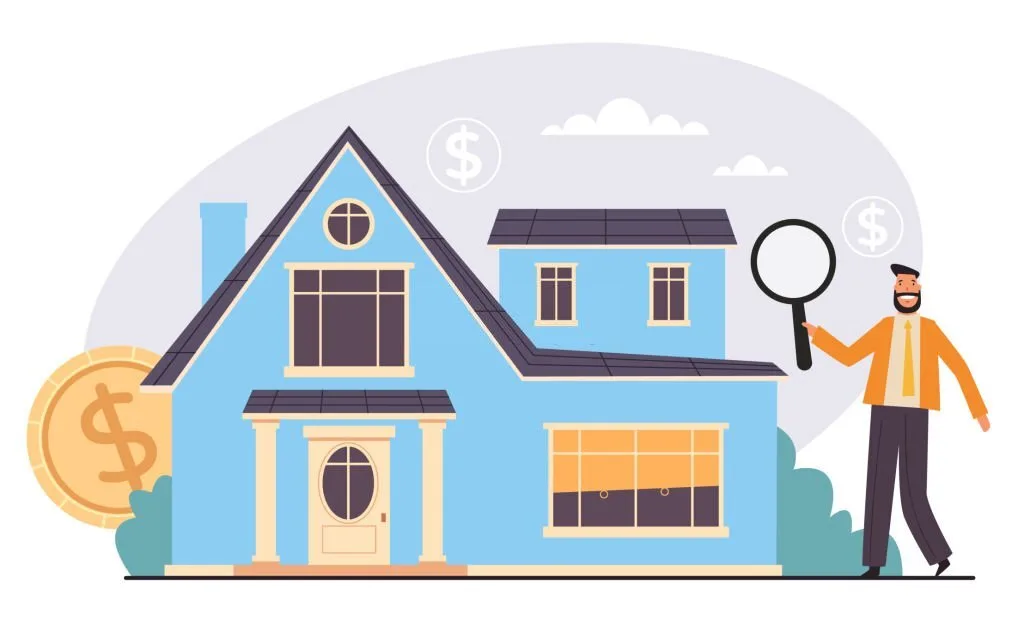Making Informed Decisions: San Diego Home Inspection Tips for Sellers
You’ve made the big decision to sell your San Diego home. Among the long list of steps to complete, arranging for a home inspection is a key task. While commonly associated with buyers, sellers also stand to benefit greatly from getting a professional inspection before listing.
An objective assessment of your home’s condition allows you to make more informed decisions about repairs, pricing, negotiating, and more. Follow these tips to maximize the value you’ll gain from a home inspection as a San Diego seller.
Choose an Experienced, Licensed Inspector
Don’t underestimate the importance of selecting the right home inspector for the job. Seek licensed inspectors who have completed hundreds of San Diego inspections and come with great references. They should thoroughly examine all areas of the home and use the latest tools and methods. Price shouldn’t be the determining factor, as a very thorough inspection is worth the reasonable fees charged.
Be Transparent About Known Issues
Before the inspection, create a list of any known defects, malfunctions, damage, or other problems with the home. Transparently sharing these with the inspector allows them to evaluate areas of concern more diligently. There won’t be major surprises in the final report if issues are disclosed upfront.
However, resist the urge to point out any imperfections during the inspection, as you don’t want to influence their unbiased assessment. Simply provide your list ahead of time.
Attend the Full Inspection
Block off 2-3 hours to be present for the entire home inspection. Observing the process doesn’t imply a distrust of the inspector. Rather, it allows you to ask questions in real-time, learn more about your home’s systems, point out any accessibility issues, and review warranties.
Shadowing the inspector provides visibility into which items raise concerns as well as the reasoning behind any repair recommendations.
Take Detailed Notes
In addition to receiving the full home inspection report later, take your notes throughout the process. Jot down which areas the inspector examines, the tools they use, major issues raised, further specialist recommendations, and general impressions. Capture as many specifics as possible to supplement the report.
Ask Questions at the End
Once the inspection concludes, use the opportunity to ask any other questions that may impact your decisions as a seller. Inquire about the expected lifespan of aging systems, which repairs are non-negotiable versus discretionary, what issues may come up between listing and closing, and any value estimates the inspector can provide. Getting all the information possible is key.
Share the Report Promptly with Agents
Provide the completed Home Inspection San Diego report to your real estate agents right away. They need time to analyze the inspection findings and make recommendations about proper pricing, which repairs to make, which to disclose to buyers, and how to competitively position your home compared to similar listings. Acting quickly prevents delays in listing your home.
Prioritize Necessary Repairs
Work with your agents to determine which inspection findings are necessary to address before listing your home. Critical roof leaks, non-functional plumbing or electrical, foundation cracks, and moisture intrusion should take priority. Consider which other projects can wait until after an offer comes in when requested repairs can become negotiating points.
Tackling pressing issues ahead of time will make the home more sellable at the best price.
Obtain Competitive Quotes for Repairs
Don’t try to estimate the costs of repairs yourself. Have qualified vendors provide quotes for fixer items identified during the inspection, especially major issues. The true costs may be higher or lower than what you’d assume, so accurate quotes will allow you to budget appropriately and avoid pricing surprises later.
Disclosing actual repair estimates also builds trust with buyers about the scope of work needed.
Factor in Pre-Sale Home Inspection Costs
The cost of your professional home inspection before listing should be built into your overall budget. While not free, a quality inspection is a wise investment that can prevent more costly surprises down the road. The insights gained will guide smarter decisions that maximize your home’s selling value.
Also factor in needs like clearing clutter, making repairs, enhancing curb appeal, and any other pre-listing preparations suggested once inspection findings are known. Do your due diligence upfront to sell your home faster and for top dollar.
Be Upfront in Listing Documents
Work closely with your real estate agents to ensure the home inspection findings are accurately disclosed in the seller property disclosure and other listing documents buyers will see. This includes pointing out issues that were fully repaired as well as any that will still need to be addressed.
Transparency about your home’s true condition prevents problems during negotiations and builds trust with buyers early on. They’ll likely get their inspection too.
Anticipate the Buyer’s Inspection
Know that the buyers will very likely get their inspection, which may uncover issues missed originally. Prepare for requests to remedy inspection findings. Some flaws previously thought minor may raise concern with a new set of eyes, so be ready to discuss repairs, credits, or other options.
While you can’t anticipate everything, a buyer inspection shouldn’t unearth too many surprises if you take steps to be thorough upfront.
Be Open to Renegotiating Repairs
No matter how diligent you are about fixing issues after your inspection, the buyer’s inspector may have their list of demanded repairs. Pick your battles wisely and be open to compromise and negotiation. Granting credits so the buyer can handle certain repairs themselves may be preferable to taking on more fix-up projects.
Focus on material items vs. small cosmetic ones to keep negotiations productive. What you refuse to address may jeopardize the deal.
Ask Your Inspector to Evaluate Buyer Requests
Should the buyer’s inspection unearth their own set of required repairs, consider having your original inspector review their requests if negotiations get tense. Your inspector can provide an objective opinion about which demands are truly justified or excessive.
Their expertise strengthens your position in determining which fixes to take on yourself versus those the buyer should assume.
Consider Offering a Home Warranty
To provide buyers peace of mind and shift liability for future repair costs, consider offering a home warranty that covers systems and appliances. Policies are available for 1-3 years. This shows good faith should any undetected defects arise and also protects you from post-sale headaches. Just be sure what’s covered aligns with the buyer’s repair requests.
In summary, approaching a home inspection as a seller with eyes wide open ensures you make the soundest decisions when preparing your San Diego property for sale. Tackling issues upfront, documenting thoroughly for buyers, and using the inspector’s expertise in negotiations sets you up for a smooth sales process. Don’t underestimate the value an objective inspection provides, even when you aren’t the one purchasing the home.







